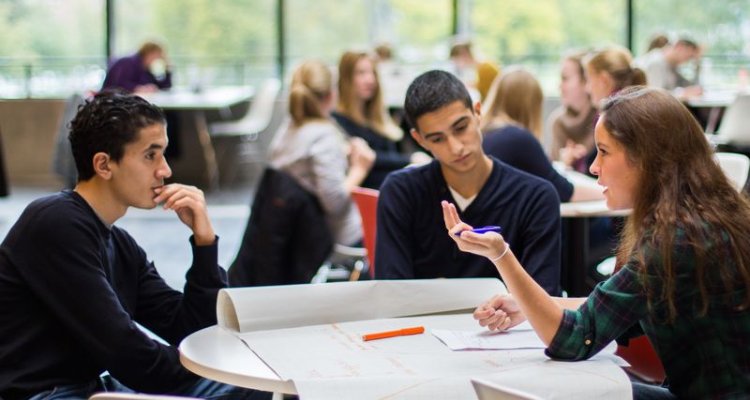
Project
The role of moral reasoning in socio-scientific issues
Societies are currently confronted with many complex science-related problems and controversies like climate change, the quality and security of food, water and air pollution, extreme drought, floods, and loss of biodiversity. These problems place new challenges for education in general, and science education in particular. More specifically, these problems speak to the need for comprehensive, multidisciplinary and interdisciplinary science teaching and learning that addresses goals at the personal, local and global level. An approach to this challenge, as well-documented in the literature, is found in the context of teaching and learning socio-scientific issues.
These issues are often complex and to arrive at a moral judgment not only insight into the concepts of natural sciences is essential, but also personal reflection on one’s emotions, and reflection on prevailing and one’s own norms and values.
The topic of this study is to examine the role of moral reasoning in socio-scientific issues, and specifically to explore 16-18 year old students’ moral reasoning and its development in the context of a specially-designed, biology-education intervention in the Netherlands. This study aims to provide new insights by focussing on moral reasoning, situated in the context of the human-nature relation, taking place in Dutch upper secondary biology education.
This study lies at the intersection of qualitative case study research and grounded theory as it aims to develop a theory about moral reasoning development through detailed, in-depth examination of a single phenomenon: students’ moral reasoning development in the context of socio-scientific issues. For this purpose an intervention will be designed and implemented in 3 classrooms in the Netherlands. Several data sources will be used: (a) short essays; (b) focus groups interviews with teachers and students; (c) observations of group -/classroom dialogue (audio); (d) various classroom products (e.g. students’ worksheets); (e) and teachers’ reflective diaries.
Project team
- Ir. Tore van der Leij
- Prof. Dr. Lucy Avraamidou
- Prof. Dr. Martin Goedhart
- Prof. Dr. Ir. Arjen Wals